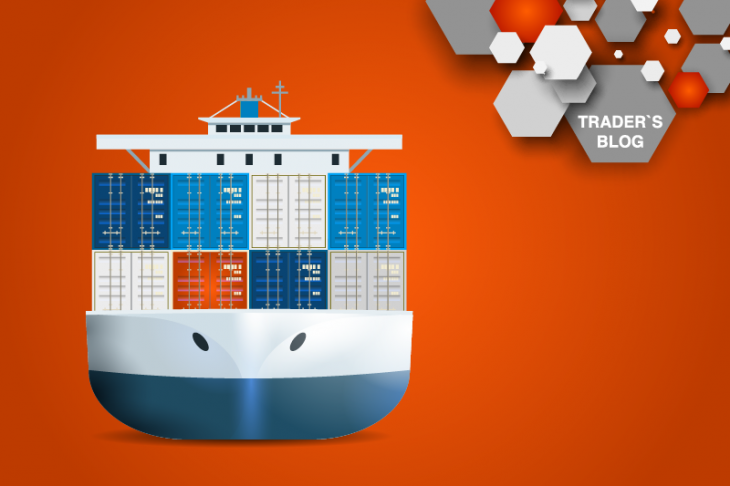
Trade war and its prospects. Anton Hanzenko
A trade war is an economic conflict using restrictive measures on imports in order to harm the enemy’s economy. In fact, the trade war does not differ much from the armed military conflict, since it pursues one goal – to damage the enemy. The differences are only in the methods of influence.
Recently, the prospects for a trade war have hung over the world financial market. The US President D. Trump’s management of import duties on steel and aluminum in relation to many countries was the first bell to the trade war.
In fact, this action was applied to China, as well as a ban on Chinese companies to absorb American companies. The reaction of the DPRK did not have to wait long and the US received new tariffs for 128 goods from the United States. So, the last round of trade confrontation between the US and China was the publication of the American plan to increase the duty for export from China by 25% and the amount of $ 50 billion per year. This forced the Chinese authorities to impose similar duties on the same amount in relation to exports from the United States.
At the same time, the other major trading partners of the United States, the euro zone and Canada, received a delay to increase duties. In fact, it was an ultimatum to the US to take their side in the development of a possible full-scale trade war.
Many times the US resorted to trade war or economic impact on other countries. In many cases, they were not successful, because the US economy was losing because of a market collapse or an increase in deficit, followed by job cuts.
The World Trade Organization (WTO) was to be the judge in this conflict. But due to the fact that the actions of the US are covered by the defense of intellectual property, the WTO is unlikely to have a significant impact on the United States. In addition, China has taken countermeasures, which complicates the situation. Also, do not forget that while the WTO is in some way sorted out, the conflict can be exhausted.
This trade war can both play into the hands of the US currency, and increase the pressure on it. With the rise in steel prices caused by the increase in duties, the final cost of production will increase, and with this inflationary pressures will increase, on the basis of which the US Federal Reserve will be able to raise rates more effectively and adhere to more stringent policies.
On the other hand, if a trade war causes job cuts, as in 2002, when D. Bush raised steel import tariffs, and the US economy lost 200,000 jobs, the Fed will be obliged to slow down the policy of tightening rates due to lower employment and economic growth.
In any case, the trade confrontation between the US and China will not be limited to duty, as both players have a trump card in their sleeves, which they are not in a hurry to play. It all depends on how tough this economic confrontation is. And it will be, because both sides have taken the position of the barrage. And it will last until the US and China begin a constructive dialogue.
Anton Hanzenko